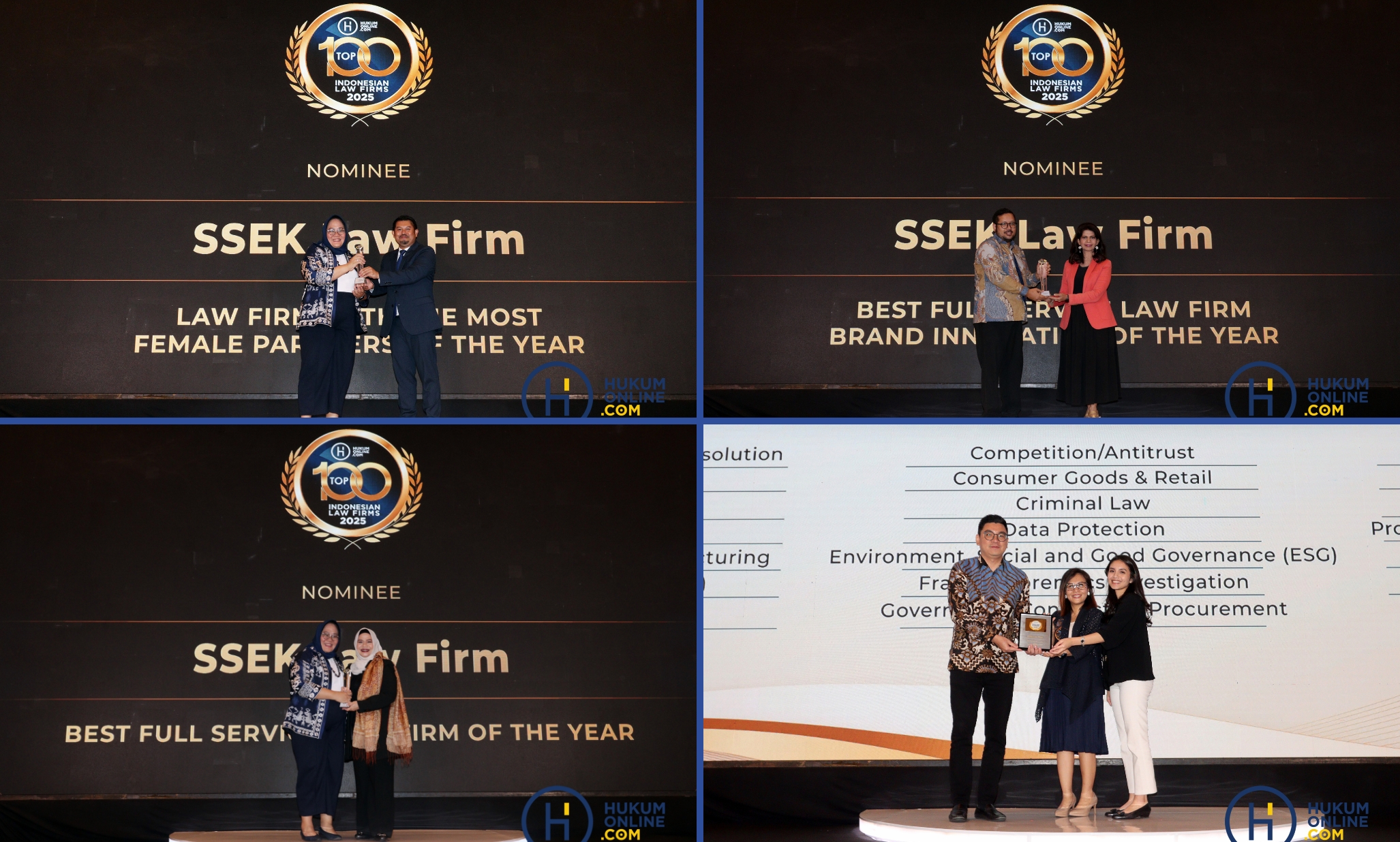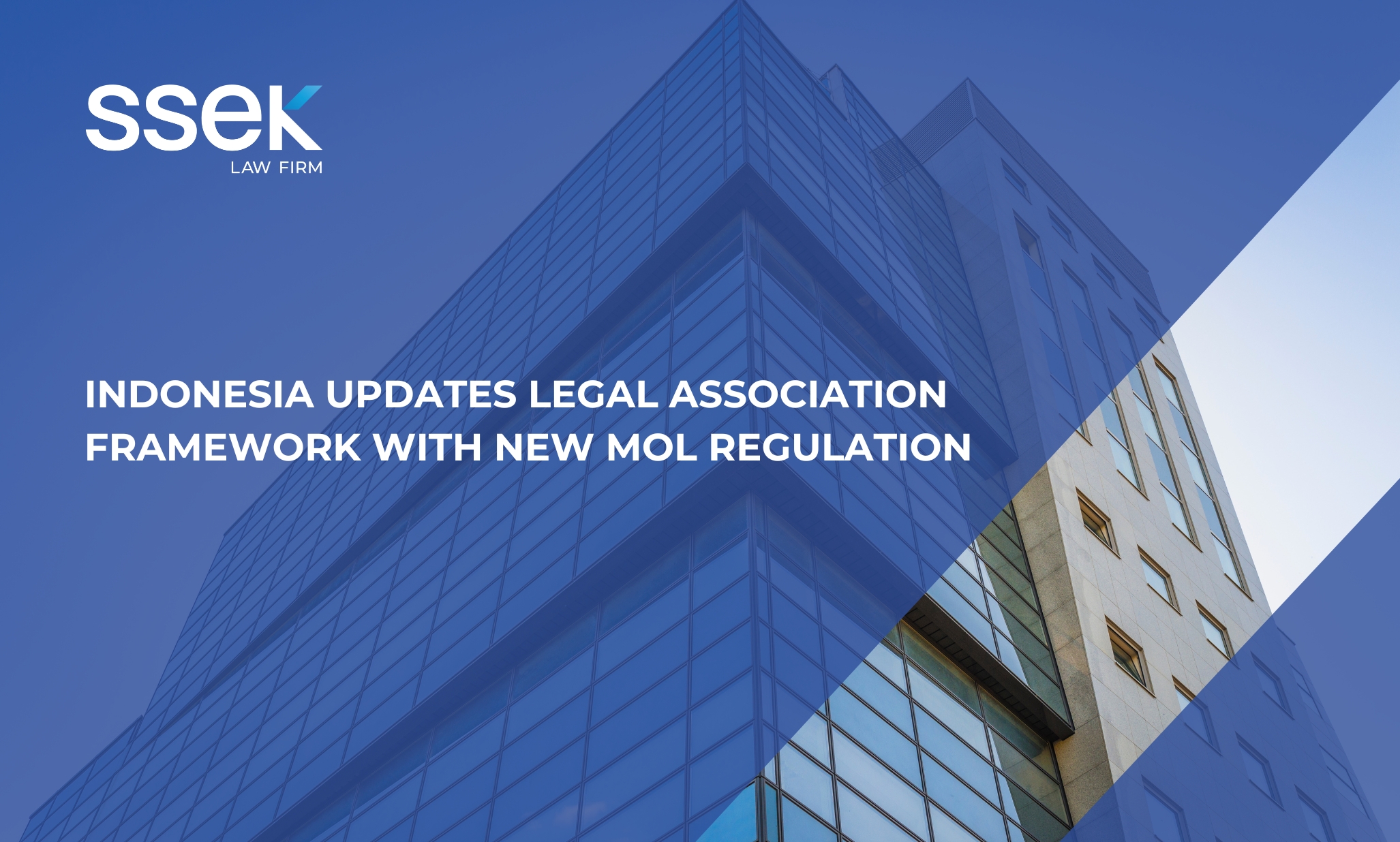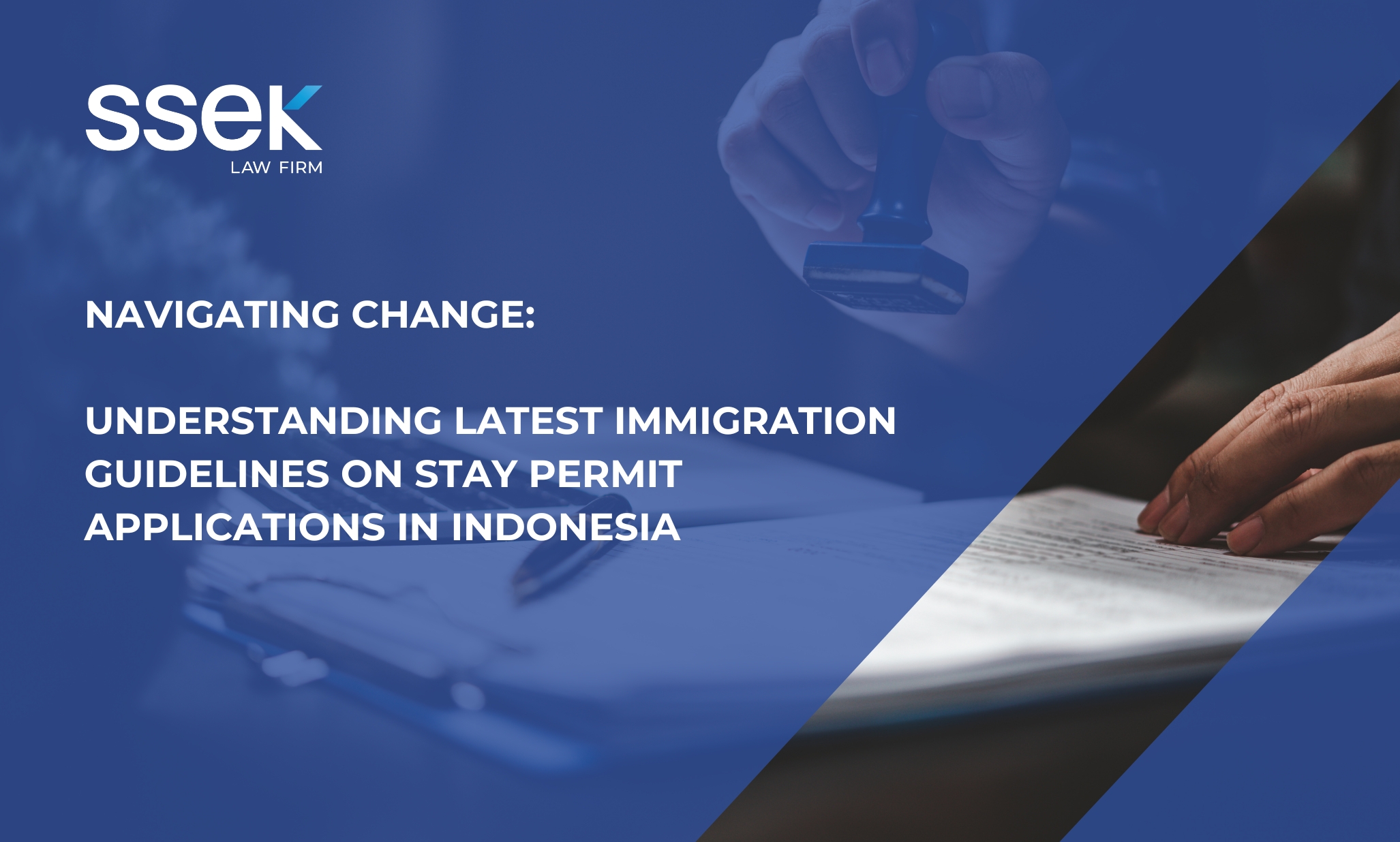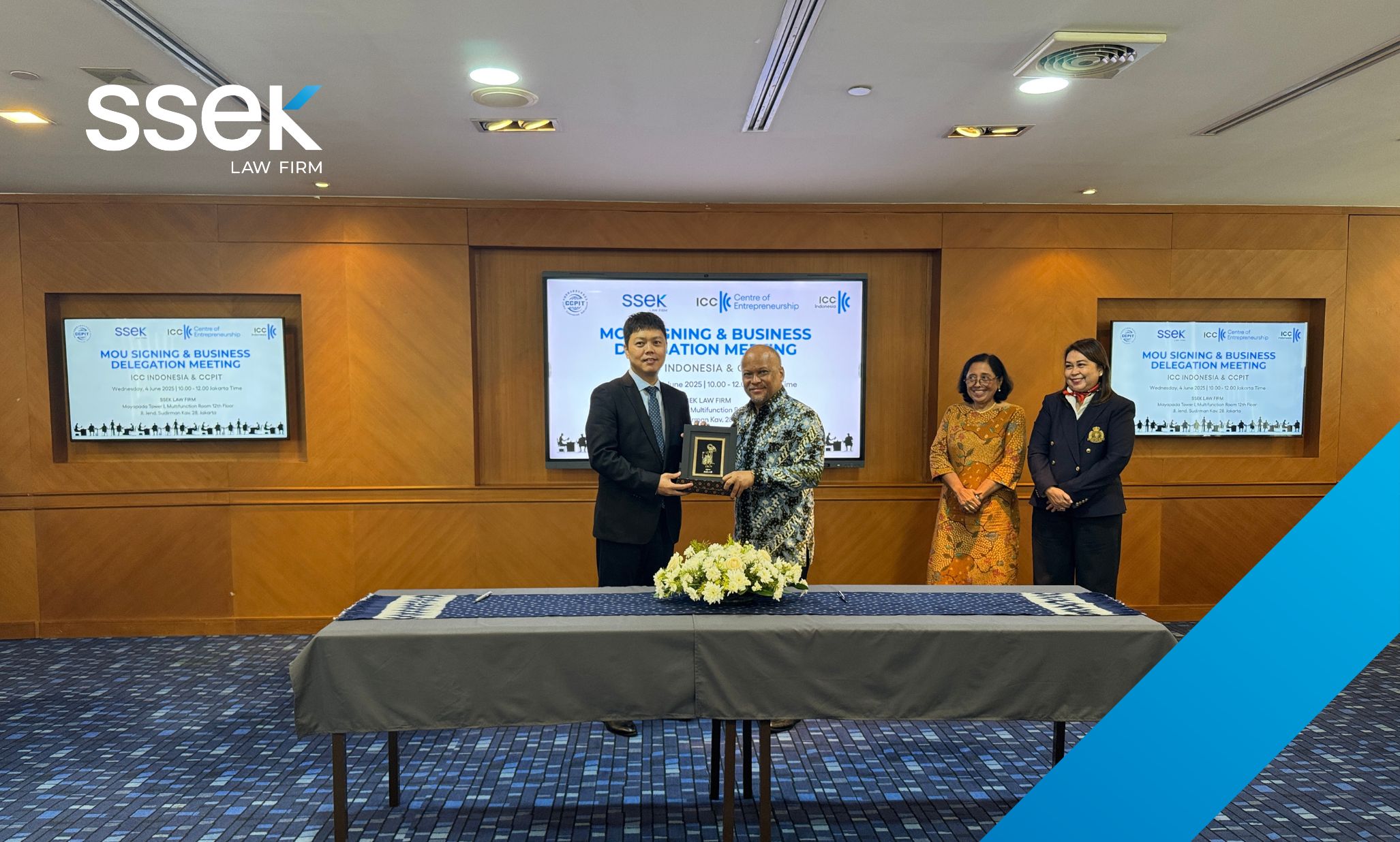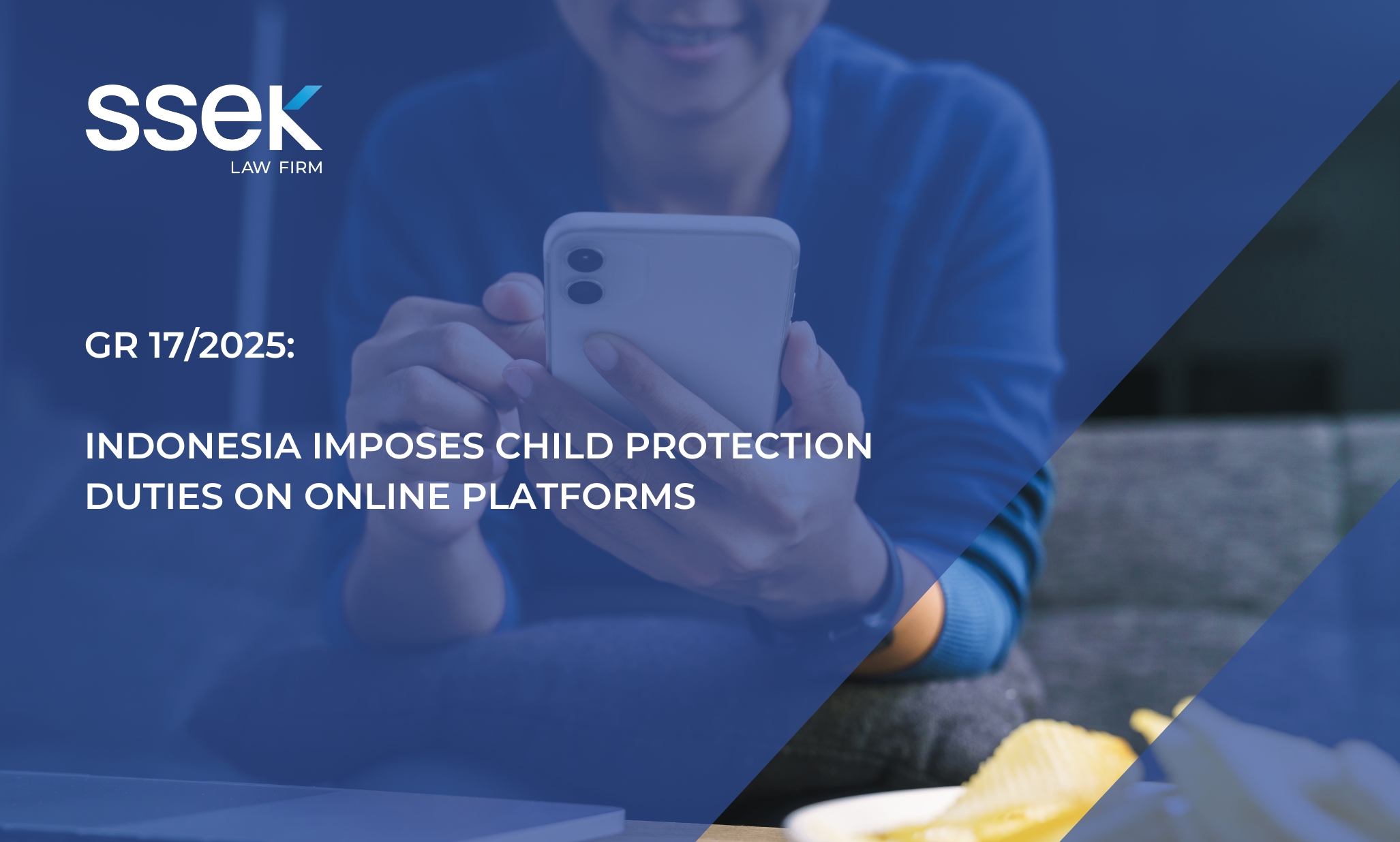


As Indonesia moves forward with its renewable energy transition, the country’s legal and regulatory landscape continues to evolve. The government is actively developing a policy framework to meet its clean energy goals, supported by a mix of financial and non-financial incentives. For investors and stakeholders, understanding these changing regulations from a legal perspective is essential to making well-informed investment decisions in this growing sector.
Law No. 30 of 2007 on Energy and Law No. 30 of 2009 on Electricity (as amended by Law No. 6 of 2023 on Job Creation) form the legal basis for the renewable energy sector in Indonesia. Both laws emphasize the importance of prioritizing renewable energy development.
These principles are further implemented through Government Regulation No. 79 of 2014 on National Energy Policy (GR 79/2014), which established Indonesia's target of achieving 23 percent renewable energy in the national energy mix by 2025.
This ambition was recently updated by Minister of Energy and Mineral Resources (MEMR) Decree No. 188.K/TL.03/MEM.L/2025 on PLN's Electricity Supply Business Plan (RUPTL) for 2025–2034, which raises the target to 34.3 percent by 2034. The decree reinforces the government's commitment to transitioning to a greener energy future.
Transitioning from Coal: Key Regulatory Developments
Presidential Regulation No. 112 of 2022 (PR 112/2022) is one of the primary instruments that is supporting this transition to renewable energy. It establishes a clear roadmap for the gradual retirement of coal-fired power plants (CFPPs) and the expansion of renewable energy sources. The regulation restricts the development of new CFPPs unless they meet stringent criteria, including a minimum 35 percent reduction in emissions within 10 years and the cessation of operations by 2050 at the latest.
Complementing this, MEMR Regulation No. 10 of 2025 on the Energy Transition Roadmap requires the availability of funding and the completion of feasibility studies before any early retirement of power plants can proceed.
Fiscal and Non-Fiscal Incentives
To attract greater investment in the renewable energy sector, Indonesia has introduced a series of tax incentives. Renewable energy investors are eligible for income tax deductions of up to 30 percent, extended tax loss carry-forward for up to 10 years, and accelerated depreciation of assets under Government Regulation No. 78 of 2019 (GR 78/2019).
For geothermal developers, import duty and VAT exemptions are under Minister of Finance (MoF) Regulations No. 218/2019 and No. 198/2019. In addition, MoF Regulation No. 21/2010 provides duty relief for other renewable energy independent power producers (IPPs).
On the non-fiscal side, incentives such as land and building tax reductions and streamlined permitting processes help address key barriers to project development.
In the electric vehicle (EV) sector, Presidential Regulation No. 55 of 2019, as amended by Presidential Regulation No. 79 of 2023, and MoF Regulation No. 12 of 2025 provide VAT and luxury tax exemptions for EVs that meet local content thresholds (TKDN). The objective of these incentives is to support the government’s ambitious target of deploying 2 million electric vehicles and 12 million electric motorcycles by 2030.
Market Outlook: Opportunities and Ongoing Challenges
Despite the government’s efforts to promote the renewable energy sector, the scope and depth of available incentives remain relatively limited when measured against the industry’s challenges and the overall cost of doing business in Indonesia. Grid constraints, regulatory complexity, and financing gaps – particularly in early-stage development – continue to pose significant hurdles.
As such, while Indonesia’s energy transition presents a compelling strategic opportunity, investors must approach the market with a realistic understanding of current support mechanisms and a clear grasp of the evolving legal and regulatory landscape.
This publication is intended for informational purposes only and does not constitute legal advice. Any reliance on the material contained herein is at the user’s own risk. All SSEK publications are copyrighted and may not be reproduced without the express written consent of SSEK.




